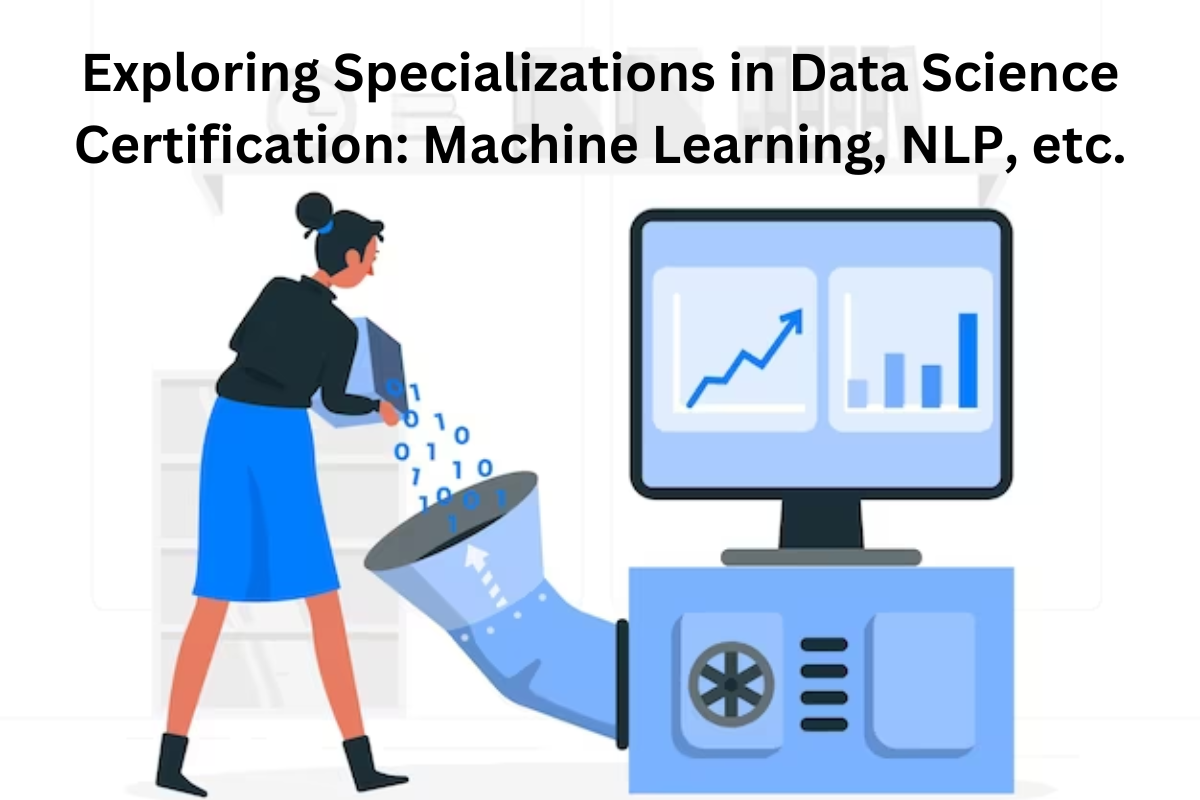Understanding the Role of Statistics in Data Science
Introduction:
Statistics is the foundation of the rapidly developing field of data science, offering the methods and tools required to extract valuable information from unstructured data. It serves as the basis for the many data science procedures, such as those developed by the 360DigiTMG institute, which enable experts to forecast the future with accuracy. The multidimensional function of statistics in data science is explored in this article, which also emphasises its importance for data analysis, model creation, and decision-making.
Descriptive Statistics: Unveiling Patterns and Summarising Data
Descriptive statistics play a fundamental role in data science by providing a concise summary of data analytics training in Hyderabad. Measures like mean, median, mode, and standard deviation help analysts gain a better understanding of data distribution, central tendency, and variability. Visualisations such as histograms, box plots, and scatter plots complement these statistics, aiding in identifying patterns, outliers, and relationships within the data.
Inferential Statistics: Drawing Insights from Samples
Inferential statistics enable data scientists to make generalisations about populations based on sample data. Techniques like hypothesis testing and confidence intervals provide a framework for making data-driven decisions. These methods help in assessing the significance of relationships, determining the effectiveness of interventions, and validating assumptions underlying data analysis.
Probability Theory: Foundation of Uncertainty Management
Probability theory is the cornerstone of statistics and data science. Understanding probabilities empowers data scientists to quantify uncertainty, make predictions, and estimate likelihoods. From Bayesian inference to Markov chains, probability concepts enhance decision-making by incorporating uncertainty into models and predictions.
Statistical Modelling: Building Data-Driven Predictive Models
Statistical modelling involves creating mathematical representations of real-world phenomena. Time series analysis, logistic regression, and linear regression are examples of modelling techniques that help data scientists understand relationships between variables and make predictions. These models are crucial for forecasting, risk assessment, and optimising business processes.
Machine Learning and Statistics: Synergistic Collaboration
Statistics and machine learning are interconnected disciplines within data science. Machine learning algorithms often rely on statistical concepts for model training, validation, and performance assessment. Cross-validation, regularisation, and feature selection are statistical techniques used to enhance the robustness and accuracy of machine learning models.
Experimental Design: Controlled Learning from Data
Experimental design allows data scientists to systematically control variables and gather insights from experiments. A/B testing, a common technique, leverages statistical principles to compare two or more variations and assess the impact of changes. This approach aids in optimising user experiences, marketing campaigns, and product designs.
Big Data and Statistics: Handling Vast Information Streams
As data volumes continue to grow, statistics plays a critical role in obtaining insightful conclusions from big data. Sampling techniques, dimensionality reduction, and outlier detection become vital for processing and analysing massive datasets efficiently. Statistics helps data scientists identify relevant patterns without getting lost in the noise.
Ethical Data Use: Ensuring Fairness and Accuracy
Statistics plays a pivotal role in addressing ethical concerns within data science institutes in hyderabad. It helps detect and mitigate biases in data, ensuring fairness in decision-making processes. Statistical techniques such as fairness-aware machine learning and debiasing algorithms contribute to building responsible and equitable AI systems.
Conclusion:
Statistics is a crucial collection of tools that experts use to gain insights, create prediction models, and arrive at well-informed conclusions in the diverse field of data science. The interaction among statistics and data science fosters innovation and propels the creation of technologies that harness the potential of data for revolutionary results, such as 360DigiTMG Institute, which includes descriptive statistics to sophisticated machine learning algorithms.
For more information
360DigiTMG – Data Analytics, Data Science Course Training Hyderabad
Address – 2-56/2/19, 3rd floor,, Vijaya towers, near Meridian school,,
Ayyappa Society Rd, Madhapur,,
Hyderabad, Telangana 500081
099899 94319
https://goo.gl/maps/sn21C9xFtMbCr4qm8
Source Link : What are the Best IT Companies in Hyderabad
Is It Too Late to Become a Data Scientist?




Comments
Post a Comment